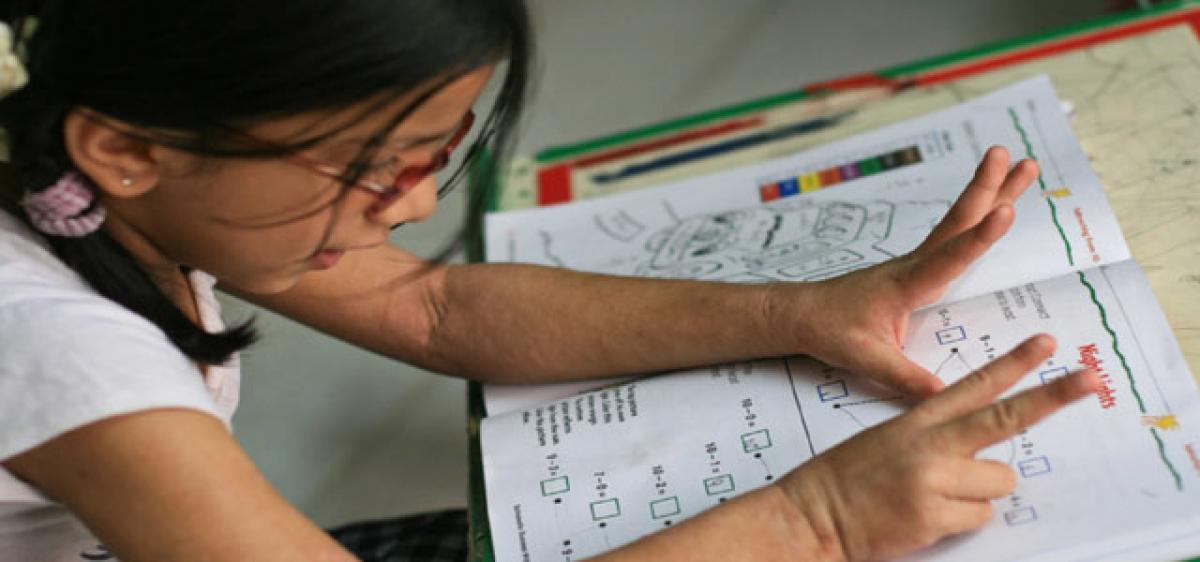Live
- Pakistan battles smog emergency as millions suffer from respiratory infections
- Another tigress released in soft enclosure in Similipal
- Cong, BJP leaders’ rush to join AAP shows we are winning Assembly polls: Kejriwal
- Janajatiya Gaurav Diwas: PM Modi’s selfie with members of Irula tribe draws attention
- Bolivian Opposition leaders arrested on terrorism charges
- 1 in 5 IT decision-makers struggling to find AI/ML talent: Report
- India's economy in sweet spot with strong growth, inflation likely to ease: Moody’s
- Mani Shankar Aiyar questions Jaishankar's visit to Pakistan, says he created 'false hope'
- K.T. Rama Rao calls on farmers arrested for attack on Vikarabad officials
- AP CM Chandrababu Naidu Unveils Vision for Andhra Pradesh amidst Financial Challenges









